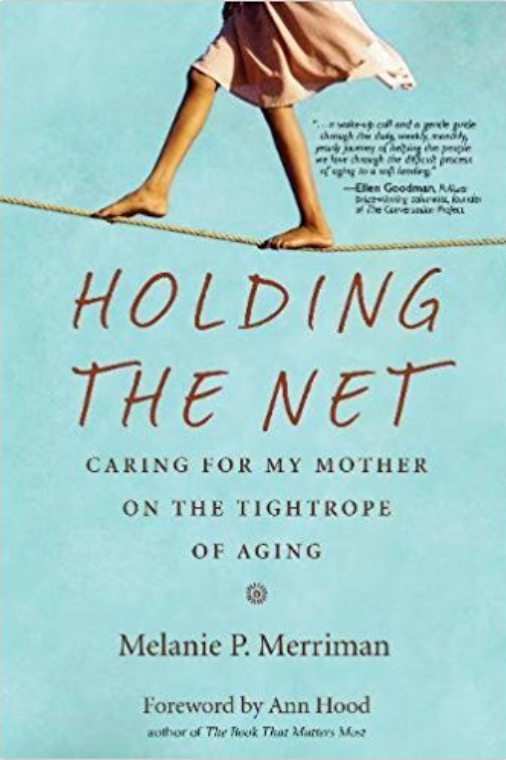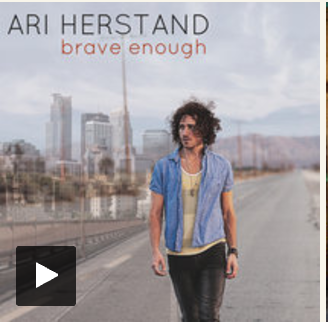By Karen Collazo
When I began my search for a recovery treatment center, I had only one criterion: that it be a women-only facility. By then, I had learned that my disease had metastasized from drugs and alcohol to sex and shopping. I thought that if I admitted myself to a co-ed rehab center, I was most certainly not going to stand a chance. I found a women-only center that specialized in dual-diagnosis in West Palm Beach, Florida. After my 24-hour stint in detox, this is where I would spend the next two weeks. But before I could check-in with my sisters at Orchid, I had to survive the next night with a co-ed population. Survival meant not engaging with any of the male patients.
After a 3-hour nap, I tech knocks on my door. During detox, the techs are continuously monitoring your vitals to ensure a safe detox process. This entails taking your blood pressure every 2-3 hours during your entire stay. I woke up hungry and could tell by the chatter coming from the dining area that lunch was still out. I grabbed my grey hooded-sweatshirt, took a cue from the others, and slipped on socks and a pair of flip flops.
The dining hall is an open space that separates the men and women’s dormitories. The walls and furniture are all dressed in the same drab peach. On the right-hand side there is a glass partition that allows the techs to observe the common area from their station. I’m wondering if the glass is bullet-proof when a girl interrupts my thought by walking past the window. She’s tall, lean and tan with deep green eyes and beautiful straight auburn hair that reaches her waist and curls at the ends. She’s wearing leopard-print tights and a dark purple sweater. She’s seductively licking a vanilla soft-serve ice cream inside a small waffle cone. We exchange friendly smiles.
On the left-hand side is the buffet station, which is reminiscent of an elementary school cafeteria. A messy stack of plastic orange and blue trays greet you at the start of the line. As you make your way down the metal counter a fellow recovering addict serves you food. Tonight, we have a choice of Salisbury steak, chicken pot pie and Caesar salad. My stomach does a tiny flip.
“We have leftover baked goods and fruit from this morning if you want something lighter. Or there’s the cereal station,” says the server, as he points to a large dispenser in the corner filled with all the sugary cereals of my childhood dreams. There’s Frosted Flakes, Fruity Pebbles, Cocoa Puffs, Cinnamon Toast Crunch and Raisin Bran.
“I’ll take a raspberry Danish and a banana. Thanks.” I wait while he disappears to the back of the kitchen and scan the room, noticing that everyone is huddled around, either with new friends they’ve just made or sitting alone, curled up within themselves. It’s like a walk-in freezer in this facility and most patients are shivering, including me. A skinny guy with shoulder-length dirty blonde hair and a neatly trimmed beard jumps up from his lunch and rushes over to the large garbage bin next to the coffee station. He vomits violently and it echoes across the room as everyone has gone silent. I’m suddenly reminded that some of us may not be shivering from the cold.
When my snacks arrive, I make my way to an empty four-top table in the center. I pull a chair out and the red-headed girl approaches.
“Do you mind if I sit with you?” she asks.
“No, not at all. Hi, I’m Karen,” I say.
“What’s your DOC?”
“My what?”
“Your DOC? It means drug-of-choice. Mine used to be coke and then after my last trip to rehab, I went back out and tried heroine for the first time and now I’m here for both. So, what’s your DOC?” she asks.
“I guess my DOC is coke. How old are you?” I ask.
“I’m nineteen,” she says.
“And how many times have you been to rehab?”
“This is my fourth time. I started coming when I was sixteen,”
“I take that back. My DOC is whatever I can get my hands on at the moment. Sometimes it’s not even a drug. It’s sex.”
Back in New York, a therapist once posed a question that has haunted me ever since: why do you think you fuck like a gay man? When I first moved to Manhattan, I hit the dating scene like a category five hurricane. Every man I encountered was a potential object to destroy and therefore subject to being swept up by my destructive wrath. I had just left an emotionally abusive relationship with my fiancé of two years and thought men in general were now indebted to me. I would collect my dues by jumping from one anonymous dick to the other, under the guise that I was dating like one of the fabulous ladies from Sex and the City.
Most nights, I would walk into a bar with one goal: to get the guy. I’d scan the room, as I sipped my cocktail and half-heartedly listened to the conversation going on between friends. Then I’d spot him: the one I was going to conquer and take home that night. It was a competition; a game I played with no one but me. If I could get the guy to buy me a drink and take me home that night, I had won. I racked up quite a few points during my ten years in New York. And I thought I was fully enjoying my new-found sexuality after almost committing to a very sick man.
But according to my therapist, I was promiscuous because I was trying to recreate the night of my first trauma. At fifteen, I was sexually assaulted during a night in which I had no control of the situation. And according to him, seeking sexual encounters with men was my way of regaining the control I had lost that night. This somewhat explained why once I was in bed with these men I lost complete interest in the whole thing. The formula made sense on paper, but it really disturbed me.
I thought of myself as a free-spirited woman with a unique sexual libido, which was unmatched by most of my female peers. In my mind, I was a woman with a modern point-of-view on relationships. However, if I was to believe what my therapist was suggesting, then I was nothing but a sad little hamster running on its wheel, trying diligently to attain something that would eventually get me nowhere. This was the first indication that my addictive behavior extended beyond drugs and alcohol. It also included men.
Back at the detox center, I’m fighting every desire in me – to interact with the male patients. For me, the longing is like a sick deep yearning that starts in the caverns of my gut. The disease starts talking to me. It poses an innocent question and responds with a staunch exclamation. And then, because it is a fact, I must set out to make it happen. It goes from thought to action in a split second. I think I need this: to survive, to feel better, to get something I must have. He was shuffling around the halls and common area anxiously, after throwing up back in the dining hall. Wearing the detox uniform: pajamas; a pair of red flannel bottoms, a long-sleeved white shirt, black socks and flip flops, he opens the door to the patio. Ten of us addicts were sitting out there enjoying a smoke, when he spots an empty chair and sits next to me.
He introduces himself and tells me his DOC is meth. He had been in detox for three days and was going to be released to Palm Partners soon, the co-ed treatment center down the street. He had a nice smile, even though he looked tired.
“You don’t look like you belong here. Is this your first time in treatment?” he asks.
“Yeah. Is it that obvious?” I say. And then, I turn on the charm. I smirk and bite my lower lip. I’ve been told that you can see it in my eyes, exactly what I’m thinking. I want to have sex with this guy.
“Don’t worry. You’ll do okay. You should get my number,” he says.
He writes his number on a napkin, after borrowing a pen from the tech that was supervising the smoke break. Since we’re not allowed to have lighters on us, the techs have to stand guard and light our cigarettes for us. When my new friend hands his number over, our fingers lightly graze each other and I feel a hot heat rising between my legs and slowly reach my face. Suddenly my mind is racing and I’m in planning mode.
How can I get this guy back in my room and on top of me? The TV room is across the hall so I could suggest we go watch TV together. We could steal suggestive glances and if we find ourselves alone I could give him a hand job under the blankets. How funny if we got in trouble for breaking the rules posted above the couch: No blankets allowed. Men and women are to sit on opposite sides of the room. A giddy tingling starts brewing. I imagine myself pulling him into my room, closing the door behind us and guiding his hand down the front of my pants, if only to kill the pain and sadness for just a few delicious moments. I’d hate myself afterwards and probably cry myself to sleep, but I never think that far ahead.
“Guys, smoke break is over so take your last drag,” says the tech.
I snap out of my racy daydream, put out my cigarette and smile at the guy as he hands over the napkin. On my way back to my room, I toss his number into the same garbage can where he had puked in earlier. I crawl back into bed and stay there until morning.














